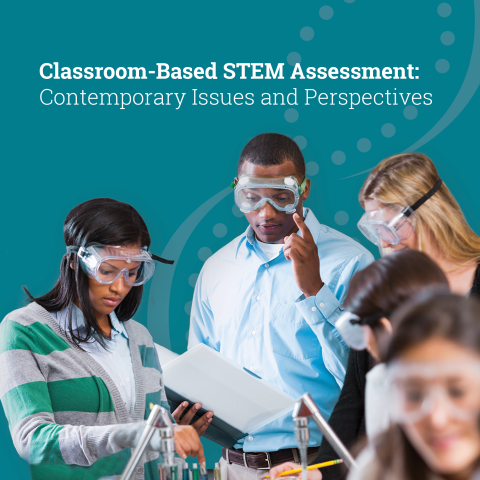Intersections of Teacher Noticing and Culturally Sustaining Pedagogy: A Conceptual Framework to Inform the Design of Teacher Learning
Teacher noticing scholars are just beginning to explore how to support noticing that is responsive to students' cultural resources. The theoretical basis of the teacher noticing literature affords scholars a range of paths for understanding student resources, only some of which are described in the literature. In this article, we offer a conceptual model showing how the theoretical roots related to teacher noticing and responsive teaching (N/RT) are closely aligned with theories foundational to culturally sustaining pedagogy (CSP).
Teacher noticing scholars are just beginning to explore how to support noticing that is responsive to students' cultural resources. The theoretical basis of the teacher noticing literature affords scholars a range of paths for understanding student resources, only some of which are described in the literature. In this article, we offer a conceptual model showing how the theoretical roots related to teacher noticing and responsive teaching (N/RT) are closely aligned with theories foundational to culturally sustaining pedagogy (CSP).
